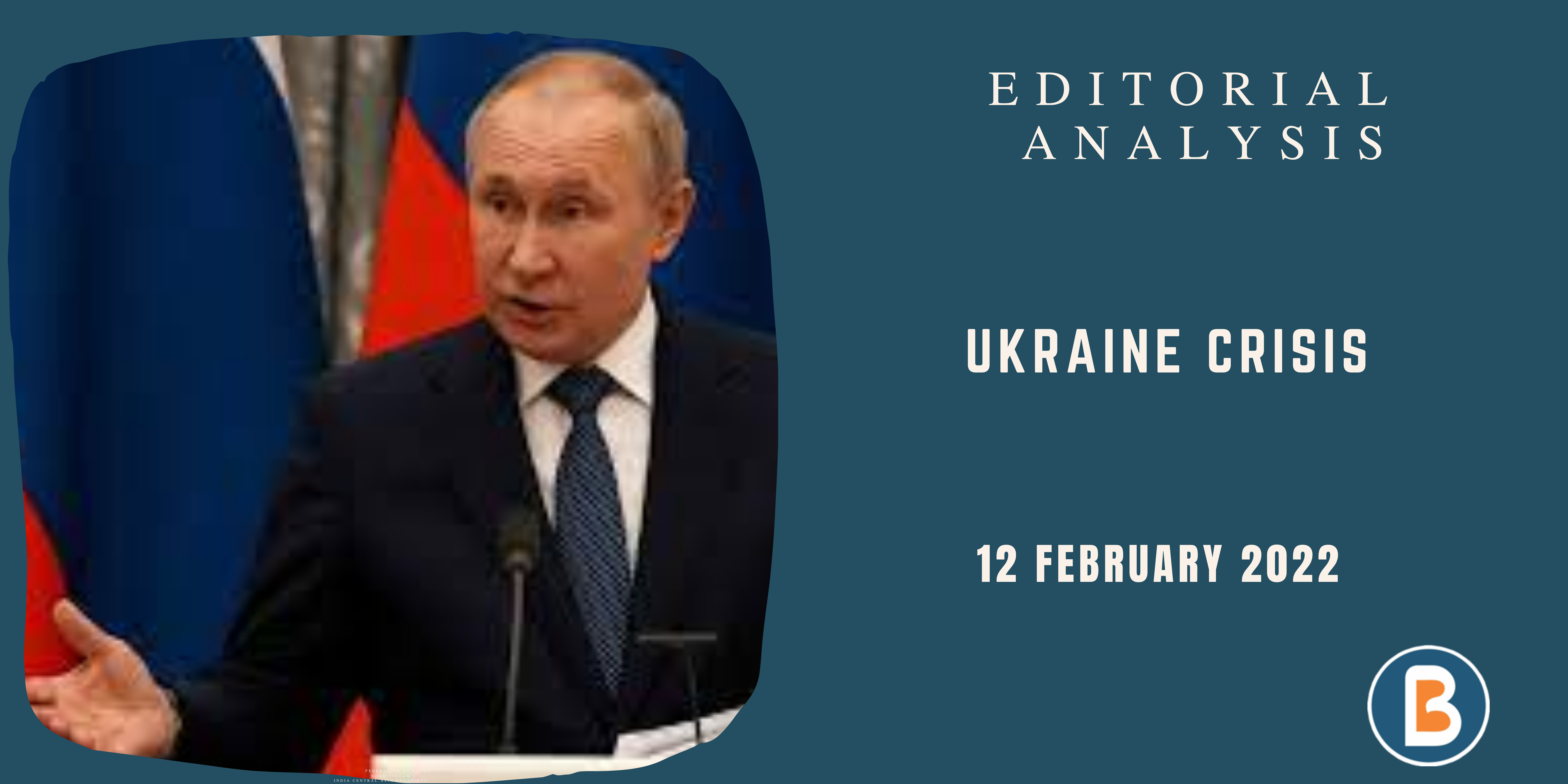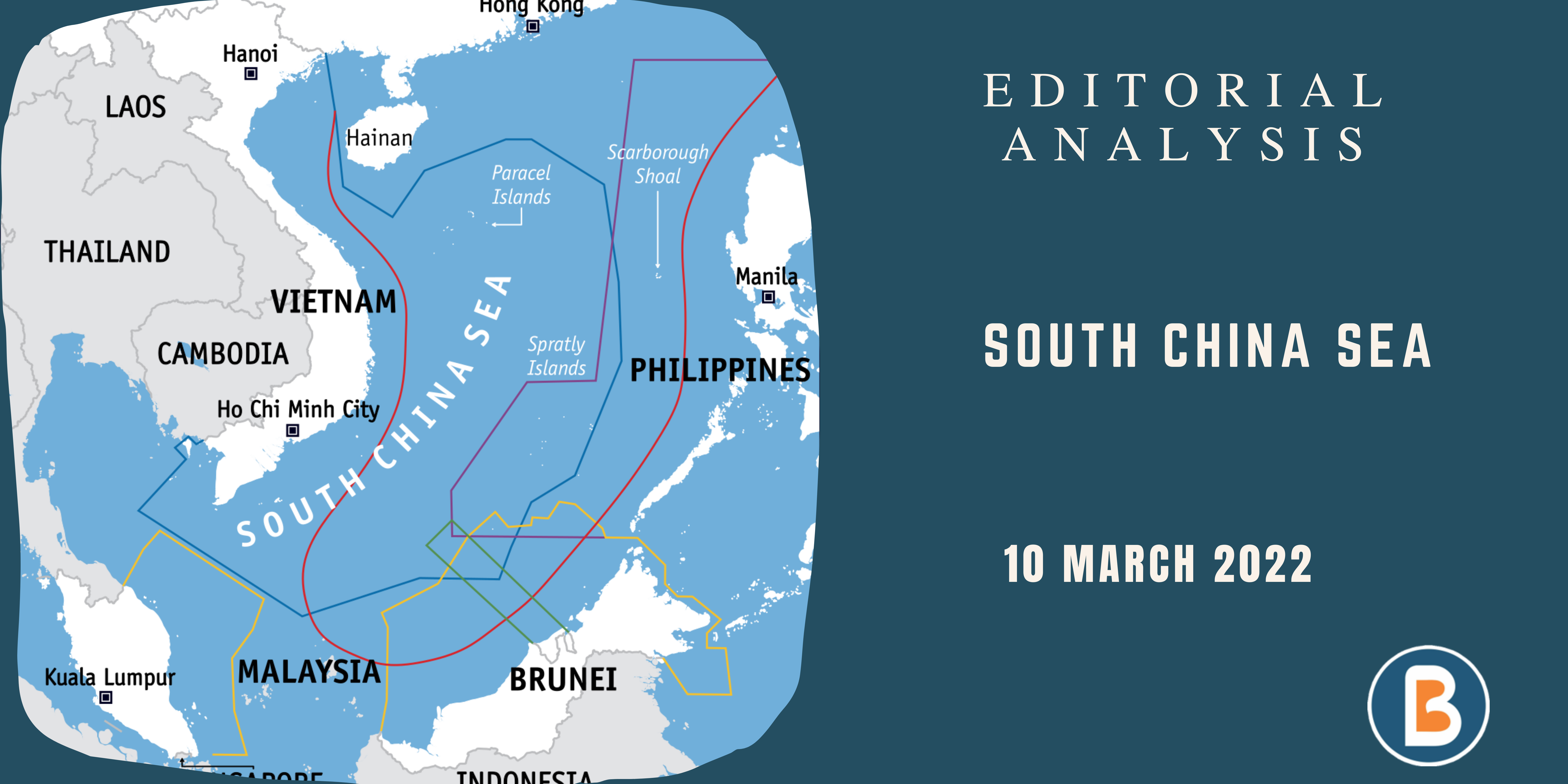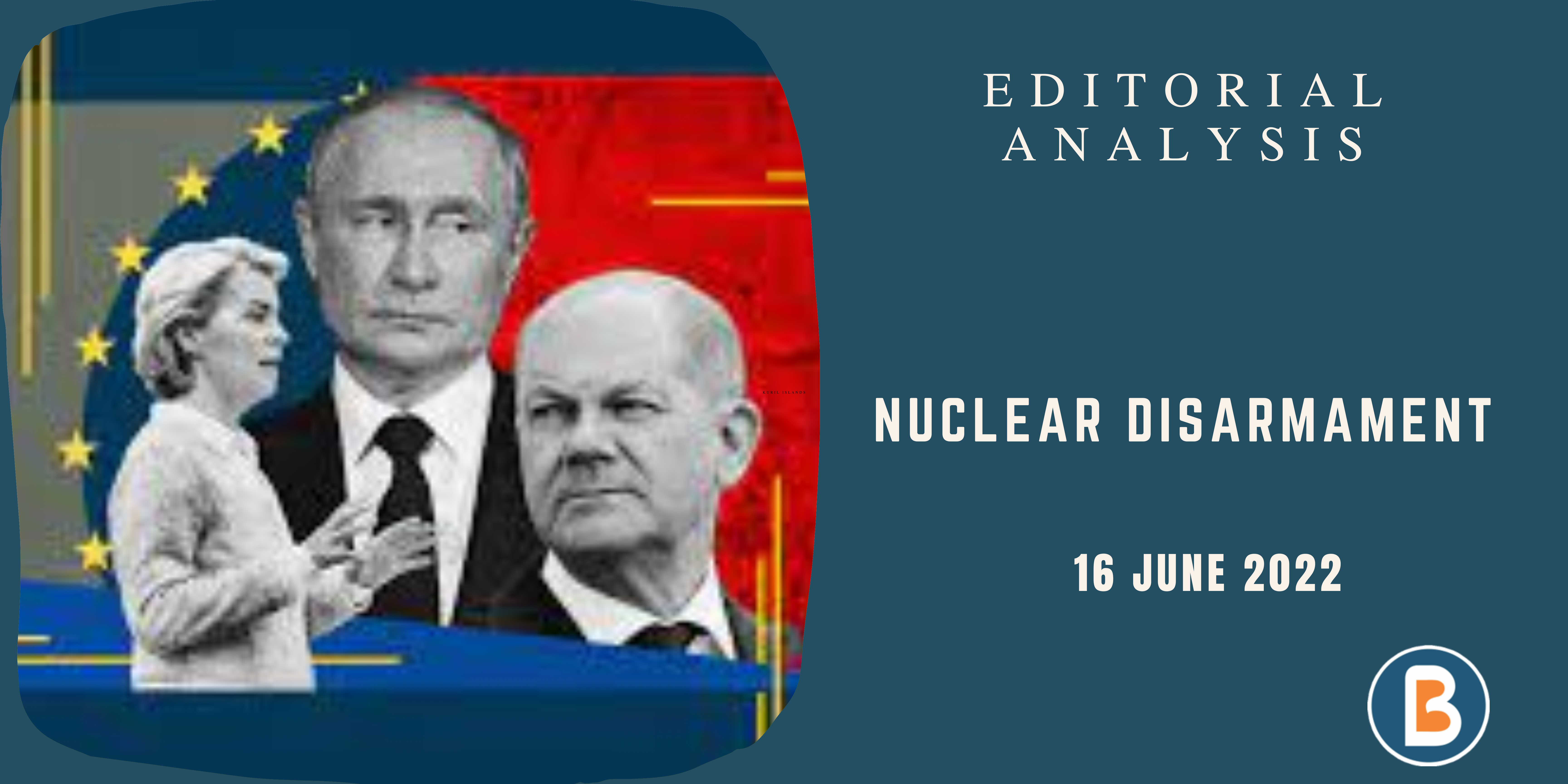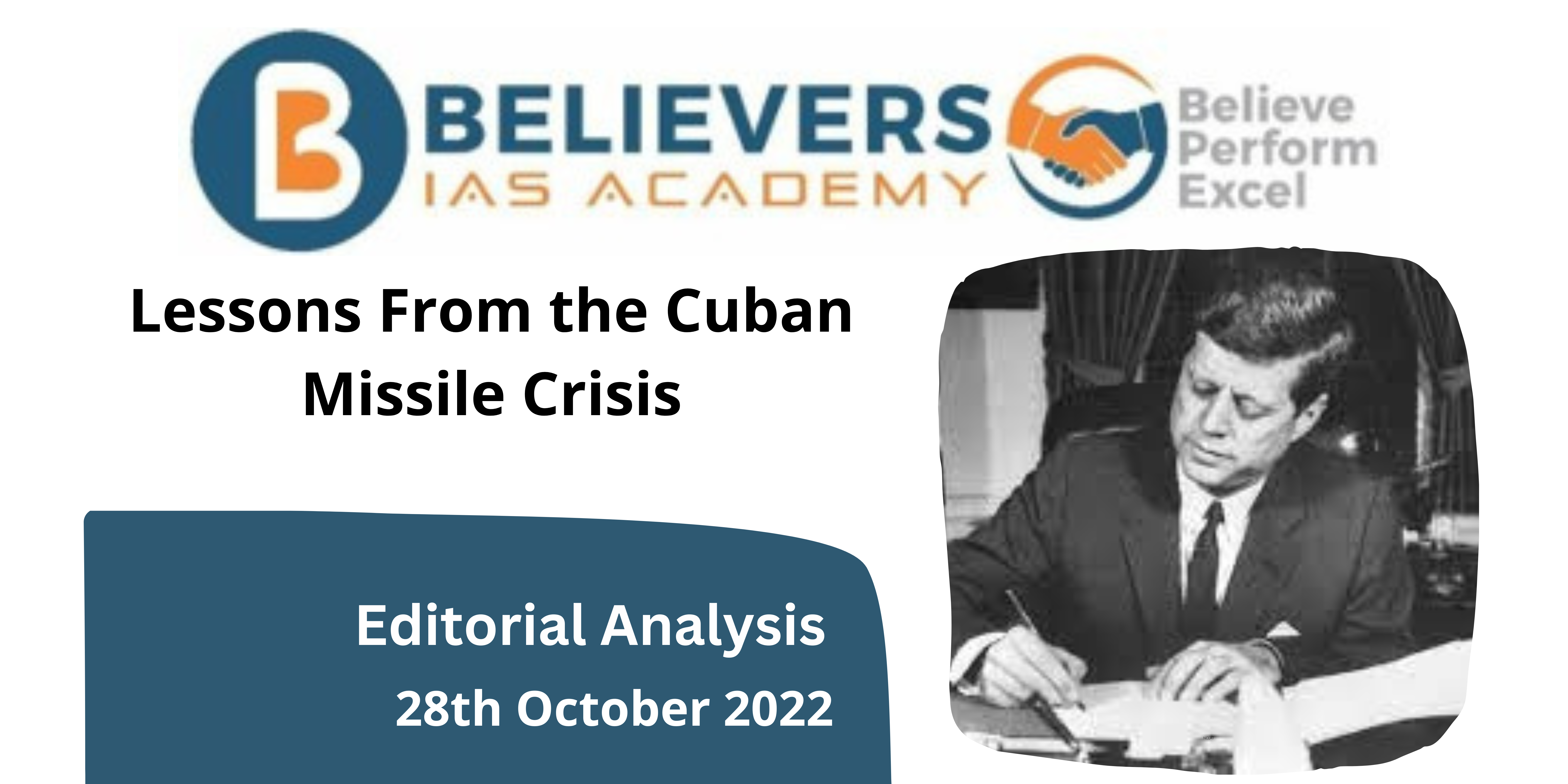Ukraine Crisis
Context:
- The 31 January UNSC meeting on Ukraine was convened at the request of the US. The US had called for an open session to discuss the “threat to international peace and security” posed by the Russian military build-up along Ukraine’s frontiers.
Background:
- Russia strongly opposed a UNSC discussion on the issue stating that “positioning troops within its territory is a domestic matter, not a threat to international peace and security”.
- Russia’s First Deputy Permanent Representative to the UN, Dmitry Polyansky, said the US request is a “PR stunt” and shameful for the reputation of the UNSC.
- The Security Council then put the matter to a vote, in which 10 members supported convening the discussion.
- While Russia and China voted against it, India, Gabon and Kenya abstained.
About:
- In the subsequent meeting held on 31 January, the US representative Thomas-Greenfield stated that Russia’s actions against Ukraine threatened broader European security, and the Security Council has to prevent the conflict rather than address it after it occurs.
- Citing the examples of past Russian incursions into Crimea, Georgia and the Republic of Moldova, she said that the current crisis constitutes an escalation and shows a pattern of aggression. She stated that Russia has assembled a massive military force of more than 1,00,000 troops along Ukraine’s border.
- The US representative also accused Russia of moving nearly 5,000 troops into the Belarus–Ukraine border.
- She said that there is evidence that Russia intends to expand this to more than 30,000 troops by early February.
- Further, she urged the Security Council members to assess Russia’s statements and actions and evaluate the risk of the current crisis and reiterated that “diplomacy will not succeed in an atmosphere of threat and military escalation”.
- The US delegate added that if Russia further invades Ukraine, the consequences will be horrific.
- Later, President Biden also repeated that in the event of an attack, “Russia will bear the responsibility and face swift and severe consequences.”
India’s Position
- For India, the Ukraine crisis is a challenging foreign policy issue. Moscow and Washington are New Delhi’s key strategic partners, and abandoning one is not sensible.
- Though ties between Washington and New Delhi have grown significantly in recent years, New Delhi still maintains a special and privileged friendship with Moscow.
- Therefore, at the UNSC, India’s response to the Ukraine crisis was cautious and that explicitly demonstrated New Delhi’s strategic autonomy.
- At the UNSC, India’s response to the Ukraine crisis was two-fold.
- First, India abstained from a procedural vote on whether to discuss the situation in the Council.
- It was a continuation of India’s neutral stance on the issue. For instance, in 2014, India abstained from a General Assembly resolution endorsed by Ukraine, the US and the EU, which sought to condemn Russia’s annexation of Crimea.
Source The Hindu




